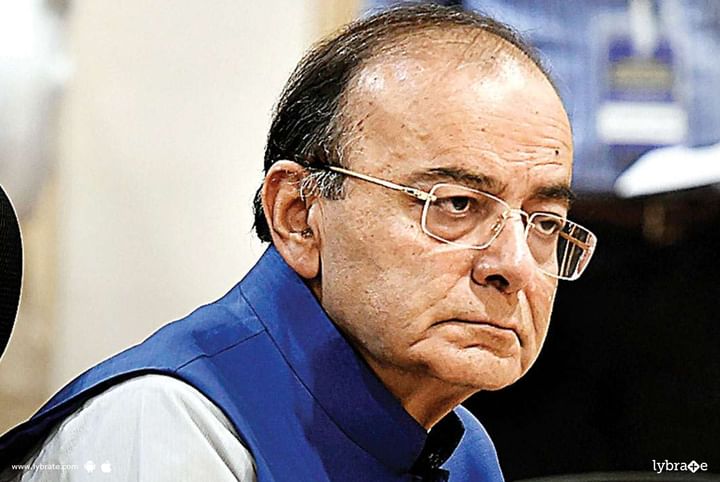Arun Jaitley's Serious Condition - Dyspnea To Be Blamed!
Former Finance Minister Arun Jaitley was admitted to Delhi’s AIIMS hospital on Friday after complaining of breathlessness. The former Union Minister is currently undergoing treatment in the Intensive Care Unit and is likely to be kept under observation until the condition stabilizes. As the nation prays for Ex-Finance Minister’s good health, we wish him a speedy recovery.
Breathlessness may seem like a harmless symptom but it could be due to a severe condition that you were not aware of. Here is what you need to know about the sudden shortness of breath.
Dyspnea – what is it?
The medical term for shortness of breath is dyspnea – it occurs when an individual has difficulty breathing. Dyspnea can be distressing and uncomfortable to experience. Diagnosing the condition can be difficult sometimes, as a number of causes could be triggering shortness of breath.
Causes of Dyspnea
The following underlying conditions could be responsible for a sudden episode of dyspnea –
-
Chronic Obstructive Pulmonary Disease
Environmental pollutants, like fumes, chemicals, smoke and dust can make it difficult for individuals with dyspnea to breathe.
Exposure to allergens may trigger dyspnea episodes.
Shortness of breath is not always related directly to a person’s health. You may experience shortness of breath due to overexertion or after travelling at a high altitude.
What are the symptoms?
The following signs may indicate that a person is experiencing dyspnea –
-
Feeling suffocated or smothered due to breathing troubles
-
Laboured breathing or abnormal respiration
-
Tightness in the chest
-
Shallow, rapid breathing
-
Heart palpitations
The symptoms can range from mild to severe. Sudden, severe signs of dyspnea may be an indication of a serious medical condition. Fortunately, there are ways to prevent dyspnea.
Precautions to take -
Individuals showing signs and symptoms of dyspnea can adopt measures to improve overall health and prevent the condition from deteriorating any further.
-
Quit smoking – even passive smoking could be dangerous for your health. Therefore, avoid smoking to prevent respiratory problems.
-
Avoid getting into contact with allergens and environmental triggers, like wood smoke and chemical fumes
-
Lose weight, as being overweight or obese can also increase your chances of developing respiratory troubles. Additionally, losing weight may help reduce stress on the lungs and the heart, thus lowering the risk of respiratory and cardiovascular problems.
-
Avoid exertion – over-exercising, especially in hot and humid temperature may lead you to lose your breath
-
Follow your medications and stick to the prescribed treatment plan for any underlying condition
The outlook of dyspnea depends on the underlying causes. If the underlying conditions are treated successfully and overall health is improved, shortness of breath and breathing problems may be reduced significantly.
However, it is always advisable that you see a doctor upon encountering symptoms of dyspnea and seek medical assistance immediately.



+1.svg)
